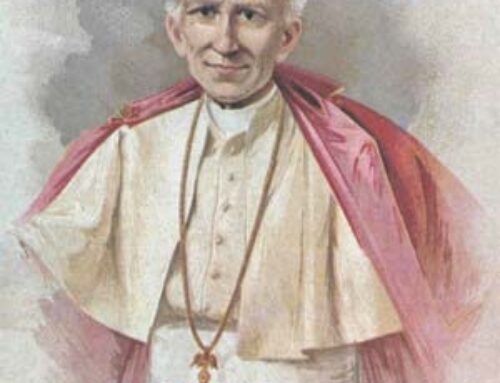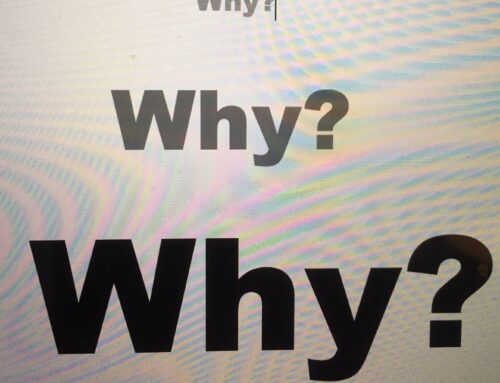 When Solomon wrote “there is nothing new under the sun” in Ecclesiastes 1:9, he surely didn’t envision sexual reassignment surgery. In fact, nowhere in the Bible is the term transgender even mentioned. Only when medical science developed the necessary surgical expertise could a person cross from one gender to another, and that didn’t happen until the 1930s. The first person to have the surgery in the U.S. was Christine Jorgensen in 1951.
When Solomon wrote “there is nothing new under the sun” in Ecclesiastes 1:9, he surely didn’t envision sexual reassignment surgery. In fact, nowhere in the Bible is the term transgender even mentioned. Only when medical science developed the necessary surgical expertise could a person cross from one gender to another, and that didn’t happen until the 1930s. The first person to have the surgery in the U.S. was Christine Jorgensen in 1951.
Today the transgender phenomenon is very much in the news. For example, in the U.S. a study not only shows a rise in the number of people who know a transgender individual but also that 66% of those people have a favorable view of the person. And in England the Telegraph reports that the number of English children under age 10 referred for transgender counseling has more than quintupled.
At this moment, a heated debate is raging over the issue of transgender rights. It began in April, 2016 when the state of North Carolina required transgender people to use restrooms that match the sex designation on their birth certificates. Transgender people immediately protested the law, claiming it discriminated against them. Some well-known entertainers then refused to perform in the state and a number of companies canceled conventions scheduled to be held there.
The controversy escalated when President Obama issued a directive requiring transgender students to be given equal rights, specifying “a school may not require transgender students to use facilities inconsistent with their gender identity or to use individual-user facilities when other students are not required to do so.” The order applies to locker rooms and showers as well as to bathrooms, and any state that defies it (as Texas has announced it will do) will lose its federal education grants.
Both the transgender phenomenon and the current controversy about transgender rights have their roots in the war between emotion and reason that began with the Romantic movement in the seventeenth century and has affected literature, art, philosophy, and religion ever since. Now it is affecting government and law, as well.
The traditional view held that reason should control emotion. As Irving Babbitt has noted*, Socrates favored that view, Hindus saw self as pulled by the senses and needing to be reined in, and Buddhism claimed that man is characterized by innate moral laziness and urged “the destruction of all desires” and “restraint in all things.” Similarly, Judaism and Christianity argued humankind is intellectually and emotionally weakened by original sin.
In opposition to the traditional view, Romanticism held that emotion and instinct are trustworthy, spontaneity is a virtue, and reflection and reason have a harmful rather than salutary effect.
In the mid-twentieth century the Romantic view was reasserted by Humanistic Psychology, especially in the work of Carl Rogers and Abraham Maslow, who argued that (1) authority is found within the self rather than outside it (as in religion or philosophy), (2) feeling is more reliable than reason, and (3) truth and reality are created rather than discovered, and each person does the creating.
This reassertion of the Romantic view swept over western culture on the cresting wave of mass communication and information technology. It has had a profound impact on every social institution and virtually every controversial issue of our day, and it affects the issue of transgender rights by promoting the perspective that:
Gender is not a matter of objective reality confirmed by one’s anatomy but, instead, a matter of one’s subjective feeling regardless of anatomy. Therefore, whoever says she feels that she is a woman, and then she is a woman and no person, group, or government agency should be able to say otherwise.
Although in the past the functions of bathing and elimination have traditionally been performed privately rather than communally or, at very least, only in the presence of one’s own gender, that tradition must be changed because everyone is his/her own authority and creates his/her own truth, and therefore has a right to reject tradition. Society must respect that right.
I believe a large majority of Americans would reject such claims, not because of any animus against transgender individuals, but for several substantive reasons. First, the idea that feelings can substitute for reality, however politically correct it may be, is absurd. Second, the rights of those who do not wish to share showers and restrooms with people not of the same gender must be taken into account. Third, the proposed changes in the law would pose a financial hardship for every shop, restaurant, factory, school, and office building (for example, by having to add urinals to restrooms that lack them). Finally, the proposed changes would lead to unintended consequences, notably creating an expansive venue for teenage male voyeurism.
All four arguments are valid and, one hopes, will be sufficient to halt the movement to let people choose bathrooms and showers based on mere feelings. Nevertheless, a broader and more sustained campaign will be necessary to root out the fallacies of Romanticism that drive this issue and continue to plague our culture.
* Irving Babbitt, Rousseau & Romanticism, (Transaction Publishers, 1919,1991), 151-53.
Copyright © 2016 by Vincent Ryan Ruggiero. All rights reserved



